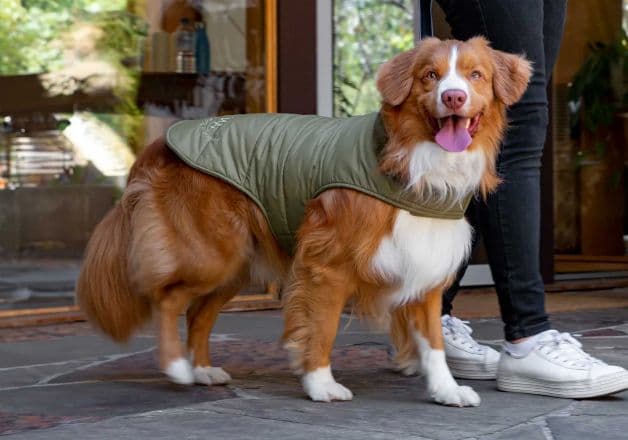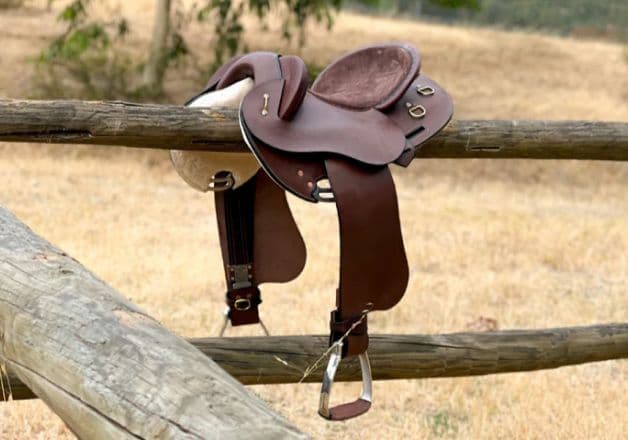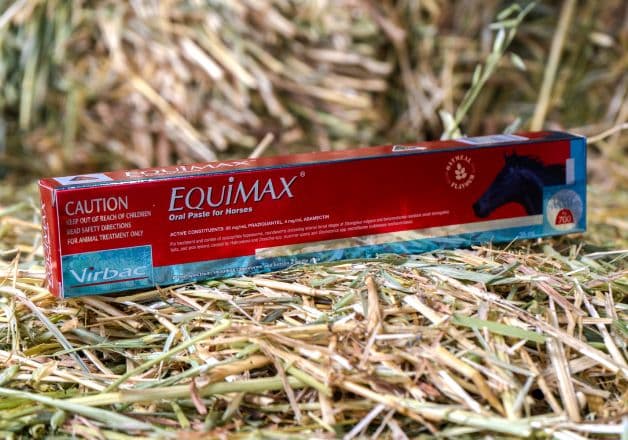
Addressing Colic In Horses
The term colic simply means pain in the abdomen. There are many causes for such pain, ranging from the mild to the life-threatening or fatal. The figures suggest nearly one in ten horses will experience colic at some point in their lives. About 30% of colic cases are caused by impaction in the Large Intestine due to overfeeding of grains and/or dry roughage. About 10% of colic cases are potentially fatal.
Understanding the underlying causes of colic in horses and the ways the condition may vary can make all the difference. Unfortunately, in some cases of horse colic, the underlying cause will be unknown.
Some cases of horse colic can be traced to gas accumulating in the horse's digestive system. In horses, gas colic can be traced to various parasitic infections, chronic stress, intestinal inflammation, ulcers in the stomach or colon, or intestinal food fermentation. Gas colic is less serious than other types of colic if it is treated quickly enough. However, owners who suspect that their horses have gas colic still shouldn't wait to get their horse proper veterinary care.
Impaction colic
Impaction colic is also widespread among horses. Essentially, in the case of impaction colic, the horse's colon will be blocked by matter that the horse cannot digest. Horses that get enough water and eat high-quality feed should be less likely to get bouts of impaction colic, although other factors will certainly come into play. One specific case of horse colic that relates to impaction is sand colic, which is indeed caused by horses amassing dirt and sand in their digestive systems. Sand colic cases are more prevalent in certain climates than others, due to varying levels of sand in horses' grazing areas. In the drier months, there is often a spike in sand colic cases from horses being supplementary feed on open ground.
Causes of colic
A horse can suffer colic as a result of a ruptured stomach, due to undigested materials or accumulated gas. Some of the rarer types of horse colic can also be the most potentially serious for the horses. Colic that relates to a torsion of the digestive system can mean that the horses will effectively starve, at least until the condition can be treated. In similar cases, a horse's intestinal tract can become obstructed due to a receding intestinal structure. These sorts of dangerous types of colic can be caused by untreated parasitic infections, although even something as benign as gas can be a factor. With dangerous torsions and intestinal obstructions, veterinarians may have to resort to surgery.
Surgery comes with its own risks and can never be taken lightly, since the anesthesia, the surgery itself, and the subsequent physical therapy can all come with their own risks. While otherwise healthy horses may stand a reasonably good chance of surviving their surgeries, veterinarians will still only recommend surgery in a minority of horse colic cases.
Prevention of colic
- Regular parasite control & worming is most important. Consult your veterinarian regarding the best control program for your situation. Don't forget that prevention of recontamination by regular removal of manure is as important as regular de-worming treatments. Find Wormers here.
- Use tubs for feeding your horse - avoid throwing hay on open ground - especially when dry - as your horse will digest a lot of sand and grit when feeding on the ground.
- Feed at regular times each day and do not change feeds suddenly. Avoid poor-quality feed.
- Teeth should be checked yearly, or as discussed with the vet.
- Some horses consume large quantities of sand or gravel, and feeding practices should attempt to control this problem.
Signs of colic
- Rolling
- Getting up and lying down repeatedly
- Standing stretched out
- Standing frequently as if to urinate
- Turning the head towards the flank
- Repeatedly curling the upper lip
- Pawing the ground
- Kicking at the abdomen
- Lying down more than usual
Treatment
- First and foremost, the treatment for colic is going to involve getting your horse seen by a vet as soon as possible.
- First aid for colic includes making the horse as comfortable as possible. It is no longer considered that allowing the horse to roll will "twist the bowel."
- It may be helpful to walk your horse slowly for 5 minutes every half-hour as the exercise will encourage gut function, help keep your horse relaxed, and relieve any gas build-up until veterinary help arrives to diagnose and treat the cause.
- If possible, take the horse's temperature, pulse, and respiration rates.


